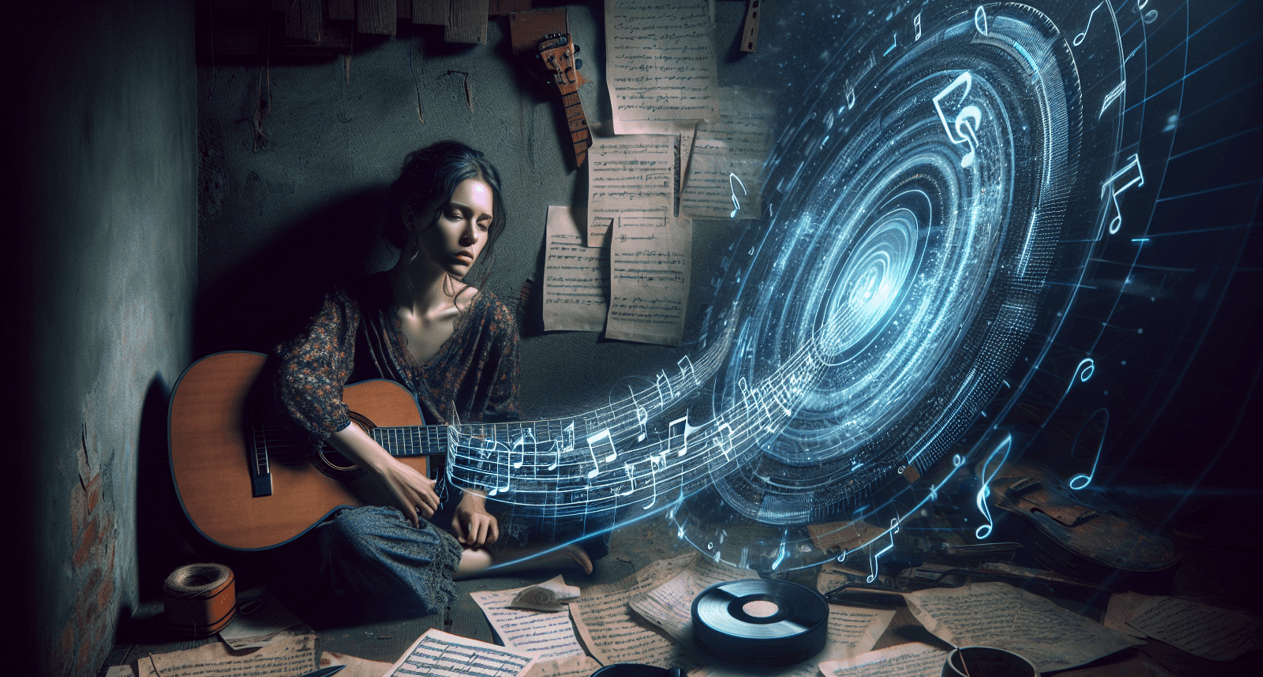As I listened to the hauntingly beautiful song we generated with a single prompt on UDIO, I couldn’t help but reflect on the words of John Philip Sousa from over a century ago. In 1905, he warned that recordings would lead to the demise of music, fearing that people would no longer submit themselves to the discipline of learning an instrument. Fast forward to today, and we find ourselves at a crossroads, with AI-generated music blurring the lines between human creativity and machine learning.
On one hand, there’s the party of doom, concerned that AI will steal the livelihoods of artists, using their voices and styles without proper attribution. It’s a valid concern, as the music generated by UDIO is disturbingly good, and it’s clear that it has been trained on a vast corpus of artistic creation.
However, there’s also the party of bloom, which sees AI as an opportunity for growth and personal expression. Imagine the possibilities: people who have always dreamed of creating music but lacked the technical skills can now do so with the help of AI. Music could become more accessible, allowing individuals to create pieces that speak to their unique experiences and emotions.
As someone working in the nonprofit sector, I can’t help but wonder how we can harness the power of AI-generated music for good. Could it help us reach new audiences, or provide comfort to those suffering from pain or loss? The potential is there, but it’s up to us to explore it ethically and responsibly.
That’s where our tool CauseWriter.ai comes in. By creating custom AI solutions for nonprofits, built on their own data and brand voice, we can ensure that the content generated is authentic and purposeful. It’s an exciting time, and I encourage everyone to play with these tools and consider how they might be used to unlock creativity and personalization for a greater cause.





